Noticia
Congress:The Salesian Pedagogical Model
Over 320 participants were in the university's "Sur" Campus for the Salesian Education Congress called "The Salesian Pedagogical Model"; representatives of Universidad Salesiana de Brasil (UNISAL), Universidad Salesiana de México, as well as representatives from the university's three branch campuses here in Ecuador and salesian centers CES of Quito, Macas and Guayaquil, Carlos Crespi School from Cuenca and the Provincial House.
The event began with a talk from the Inspector of Salesians in Ecuador, Father Francisco Sanchez, who welcomed the participants, "UPS has taken the institutional decision to progressively and gradually deepen the Salesian pedagogical practice, placing it in relation to the contexts and challenges of contemporary education at all levels ". He encouraged UPS to continue deepening the Salesian pedagogical praxis with academy in order to enrich the exchange with communities of similar meaning and to continue the legacy received from Don Bosco.
The opening conference was given by Fr. Marcelo Farfán, general coordinator of the Salesian Institutions of Higher Education IUS (Rome), who focused on the importance of approaching the Salesian pedagogical model and the reasons for reflecting on our academic work. "The challenge is to think about an educational model that is focused on young people, on forming a university that listens, accompanies and understands, it is to tune the figure of the educator - friend with young people and their families".
The first talk "From the Oratory to the University, according to the young generation of secular researchers in the Salesian field", by UPS president, Fr. Javier Herrán, was about the university as an environment that strengthens skills by offering opportunities where students act in a critical manner and imagines new possibilities to transform the learning environment, developing knowledge. "The university is a space to enhance capacities, it is an ecosystem of cooperative learning, a culture that promotes educational strategies in open and close environments, where diverse problems are solved".
Juan Freire from Tecnológico de Monterrey talked about the purpose and transformation of the university in a post-digital society. "We must reinvent the university experience, opening the mind to unlearn the understood, experience the knowledge from another perspective, transformation requires three phases: an implemented purpose, a review of the processes and programs and a cultural change. The best way to learn is Learning.
In the afternoon participants attended the working groups: Option for young people, among them the poorest; Vitality of the educational proposal, methodological, didactic and communicational innovations; Transcendence of a person as the center of all educational action, human education and pastoral accompaniment; Good Christians and honest citizens, education and citizenship
Videos:
Congreso de Educación Salesiana; El modelo pedagógico salesiano
P. Marcelo Farfán y el modelo educativo pastoral
P. Javier Herrán, del oratorio a la universidad
Contenidos Relacionados
Contenidos Relacionados
Noticias Relacionadas
Noticias Relacionadas

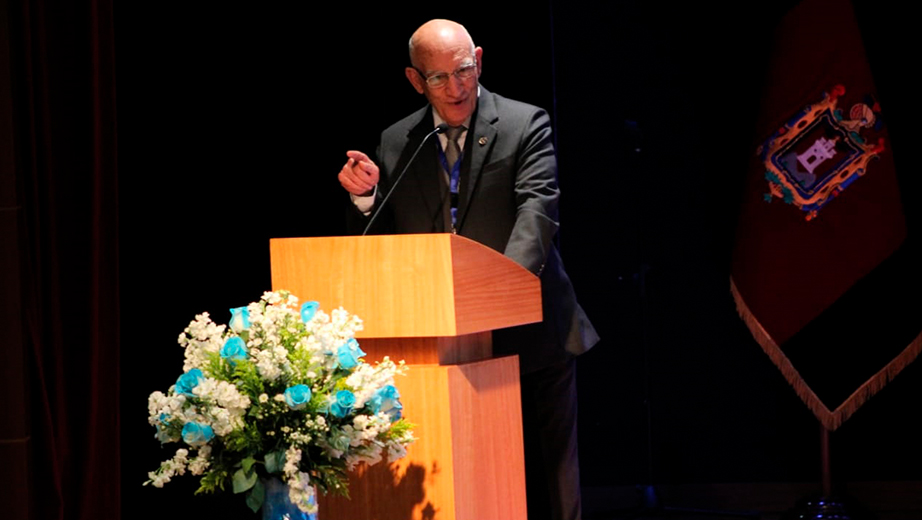
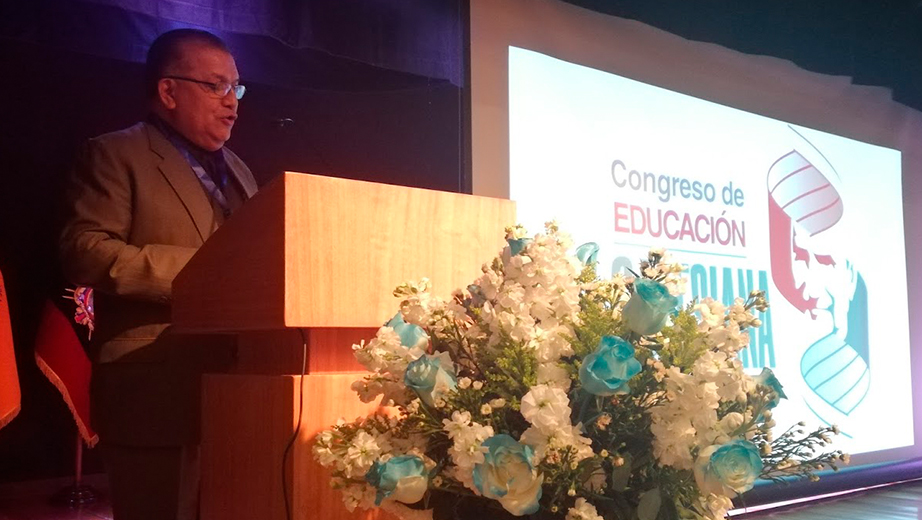
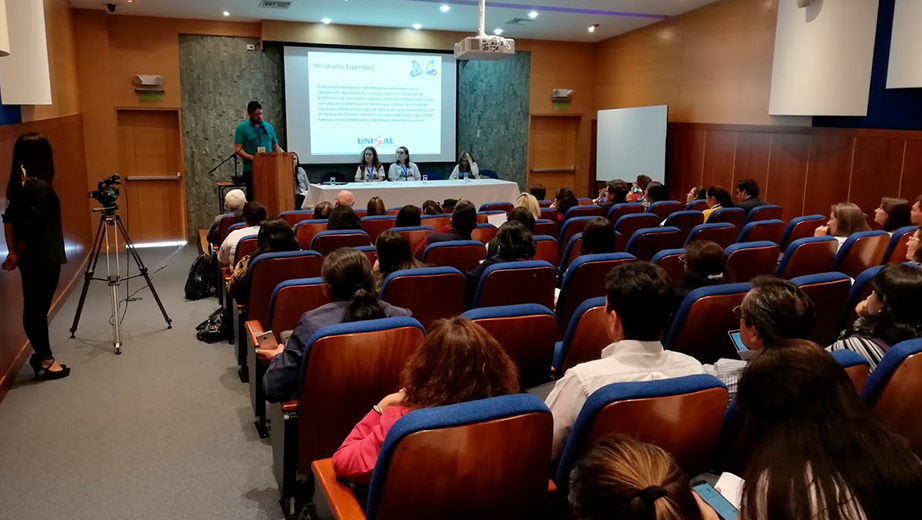
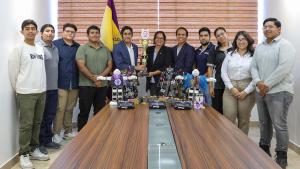
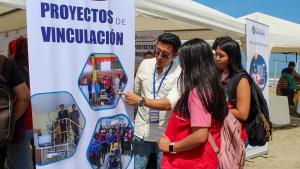
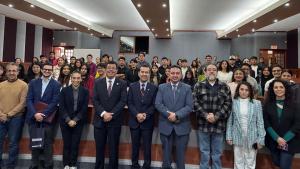

Follow us
Follow us